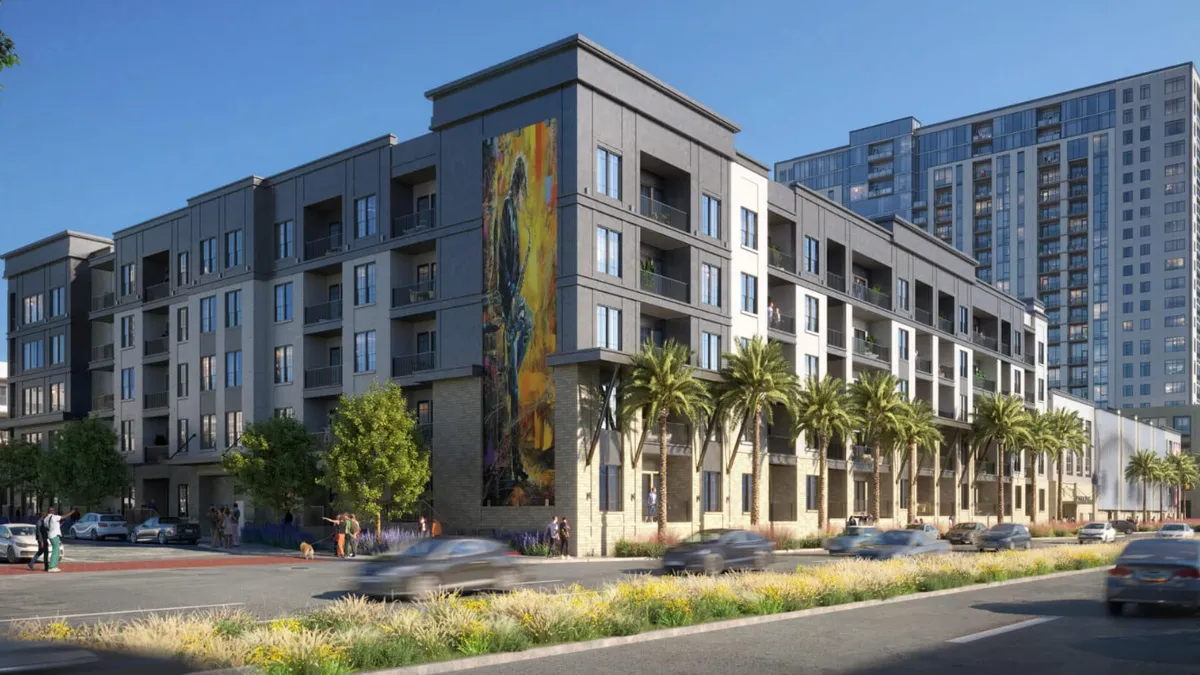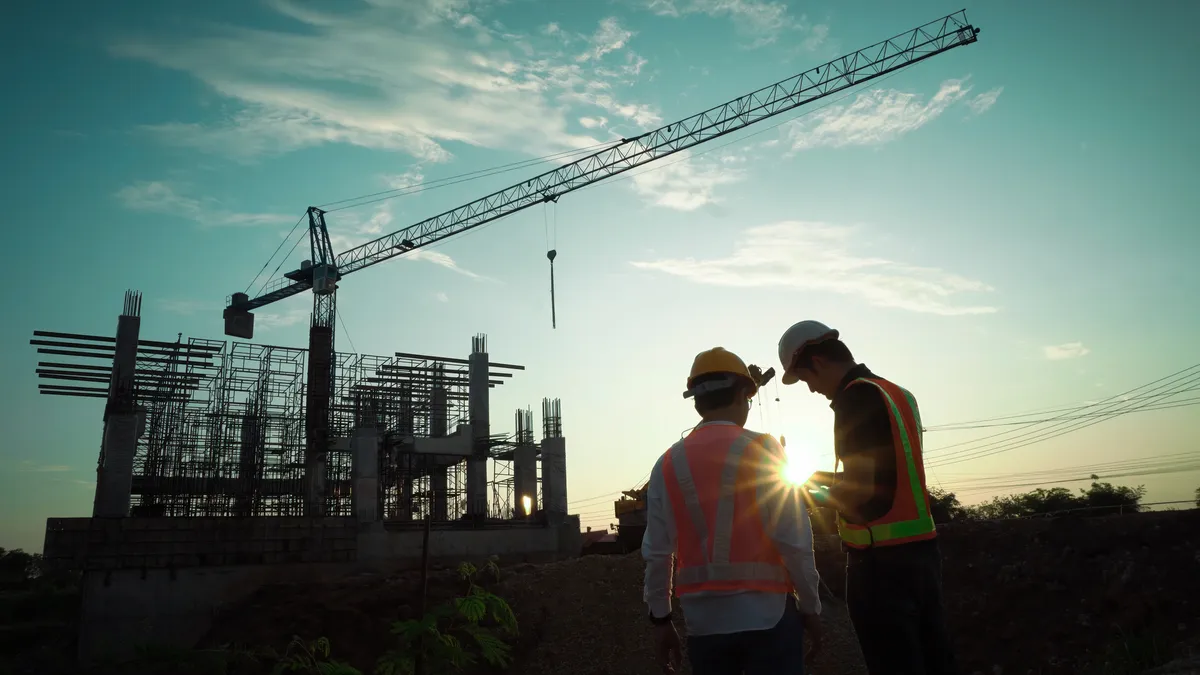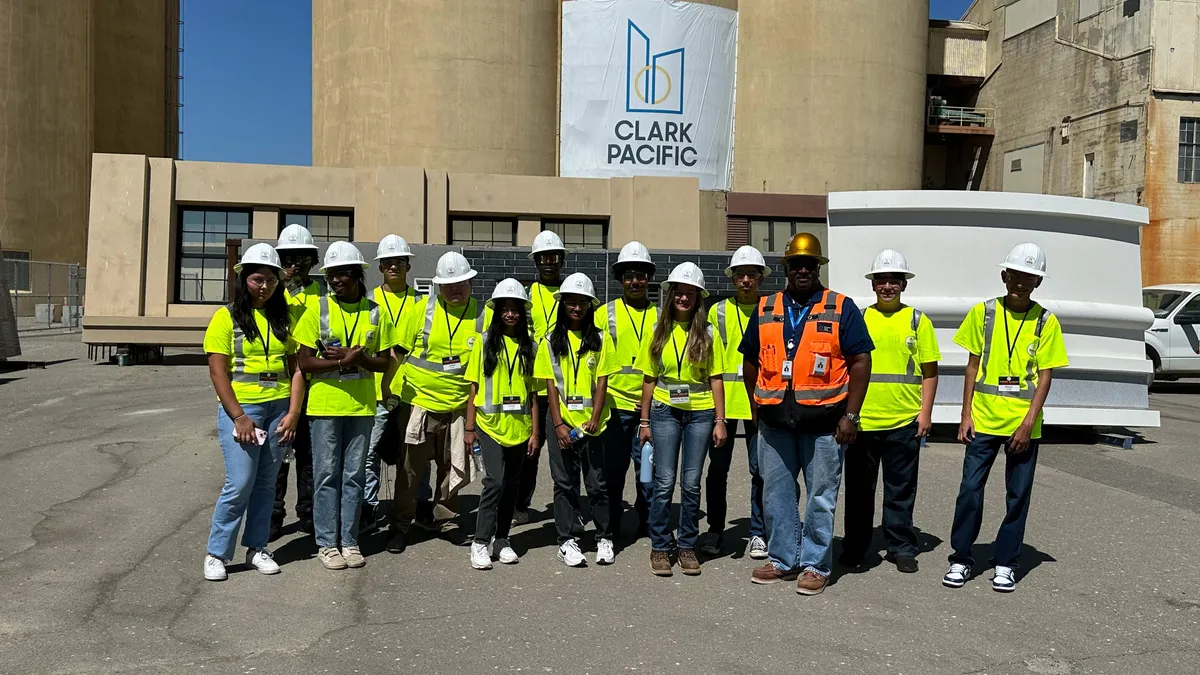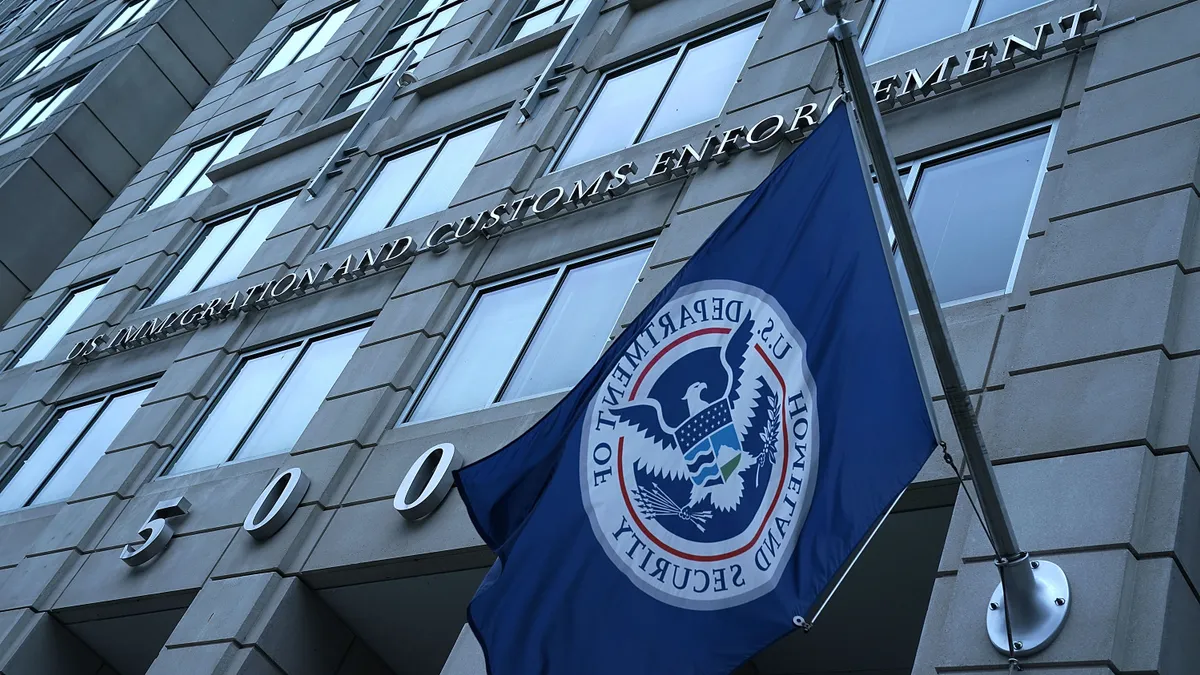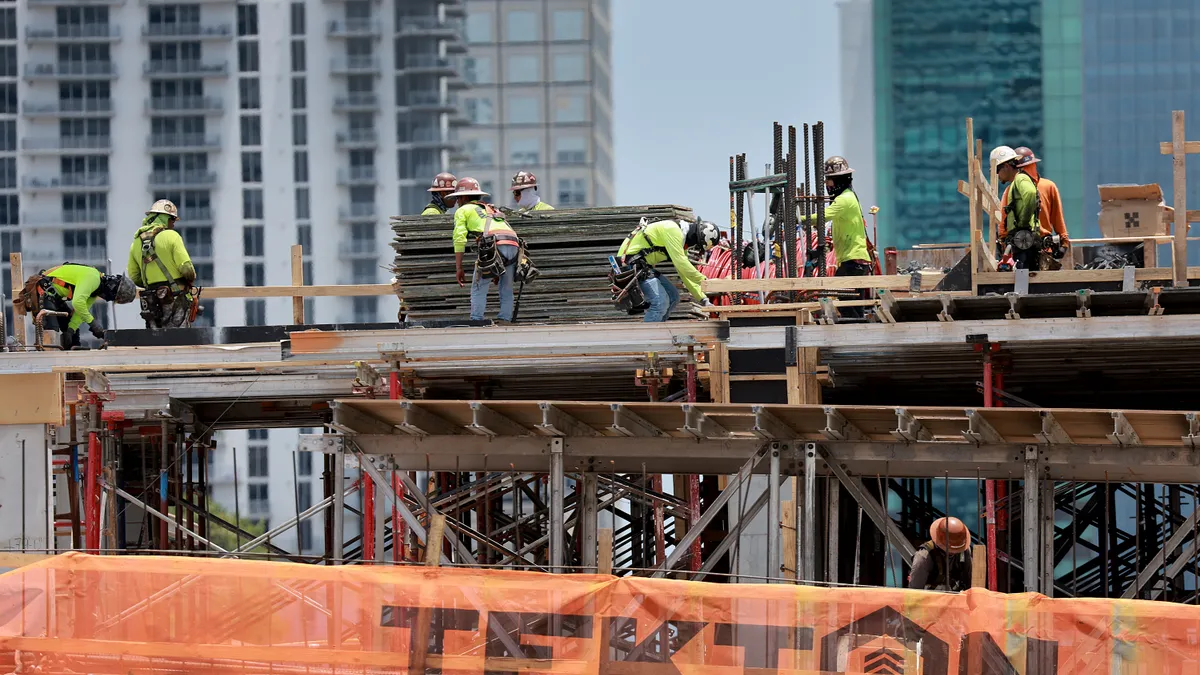This feature is a part of "The Dotted Line" series, which takes an in-depth look at the complex legal landscape of the construction industry. To view the entire series, click here.
Pandemic-related material and equipment delays are challenging contractor schedules and wallets. But when do delays turn from costly inconveniences into contractual headaches?
When it comes to material deliveries, delays and contractor responsibility, the contractor is assuming certain risks, said attorney Quinn Murphy with Sandberg Phoenix in St. Louis.
"If a party has submitted a bid on a project, they're going to be assumed by the law, and in all likelihood the contract, to have evaluated and known the risks associated with delayed delivery," he said. "They're going to be held to have done their due diligence in submitting an agreement and signing an agreement to deliver certain things by a certain time."
Those terms can be negotiated, Murphy said, but usually the owner or upstream contractor (in the case of a subcontractor) has said, "We’re building this project, and here’s the deadlines, and we want you to supply certain material, and you’re going to be held to have evaluated everything that would put your ability to meet those deadlines at risk."
Excusable and non-excusable delays
Most standard contract series like those published by the American Institute of Architects and Consensus Docs have fairly similar language when it comes to material delays, said attorney Todd Baxter, chair of the construction practice group in the Phoenix, Arizona, office of Dickinson Wright PLLC. While they don’t use the exact same terms, he said, these contracts break down their delays into three types, the first of which is a non-excusable delay.
"The contractor is responsible for what happened because it was something that they should have been able to control," he said.
Excusable delays are those that are outside the contractor’s control. There are two types: compensable or noncompensable.
Whether or not a contractor can recoup time, money or both for an excusable delay depends on the situation.
If the delay was caused by something beyond both the contractor’s and owner’s control, then it’s likely noncompensable as far as monetary relief but would probably give the contractor more time on their schedule, Baxter said.
Something beyond the control of both the owner and contractor, also known as force majeure events, typically include unforeseeable situations like terrorism and unexpected adverse weather, he said.
Recently, a seven-day logjam caused by one ship in the Suez Canal held up 300 other ships trying to make it through the waterway, which has been a major shipping route since it opened in 1869. All in all, the delay held up approximately $400 million worth of goods an hour and cost the Suez Canal Authority about $1 billion.
Ports around the world are now dealing with their own overcrowding and delays as a result.
Baxter said he would consider the Suez Canal debacle as unforeseeable, but not everyone has the same take.
It’s possible, Murphy said, that material or equipment delayed because of the Suez Canal incident might not be a force majeure event at all, at least not a slam dunk.
Complications along a shipping route, he said, aren’t unheard of and a client’s — or possibly a court’s — take could be, "We assume you know that that was a risk and went ahead and agreed to provide them anyway."
A more clear-cut case, Murphy said, would be if an ordered product was declared illegal for import before it was delivered.
"That’s a pretty good affirmative defense," he said.
Other delays
Then there are delays caused by the owner or the owner’s team, like the architect or engineer, Baxter said. Those are compensable, and the contractor could end up with both extra time and money.
But contractors might have additional obligations when it comes to delays, said John Dannecker, a partner in the Orlando office of Shutts & Bowen LLP.
There’s almost always a notification clause requiring contractors to notify their contracting party — i.e. the owner for a general contractor and the general contractor for a subcontractor — within 21 days, or another set time period, of the occurrence of an event, like a material delay, that’s going to create the need for more money or time.
"The purpose of that is so everyone can sit down and figure out how to get around it," he said.
These negotiations can even kick off discussions about alternate sources for products and even an alternate design if it’s early enough in the project, Dannecker said.
Contractors, in fact, are obligated to try to mitigate the delay, Murphy said.
For example, if the shipping company that was slated to deliver HVAC units to the project shut down because of COVID-19, but there are other shipping companies that are operating and available, then the party providing the equipment should try to reduce the damages to the upstream contracting party.
Speaking of the COVID-19 pandemic, Murphy said that anyone claiming delays due to the pandemic, particularly those who entered into a contract after it became widespread in March 2020, will have to prove that the delay was directly related to the pandemic.
"They're going to have a really hard time alleging the pandemic is an excuse because the pandemic was already in place whenever they signed the contract," Murphy said.
____________________________________________________________
The Dotted Line series is brought to you by AIA Contract Documents®, a recognized leader in design and construction contracts. To learn more about their 200+ contracts, and to access free resources, visit their website here. AIA Contract Documents has no influence over Construction Dive's coverage within the articles, and content does not reflect the views or opinions of The American Institute of Architects, AIA Contract Documents or its employees.








